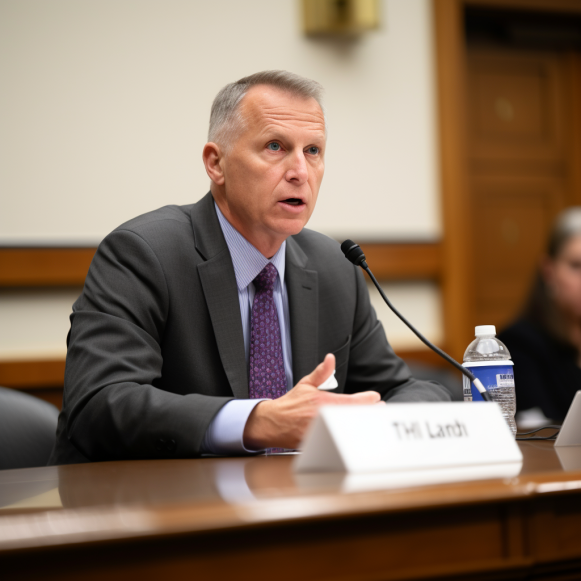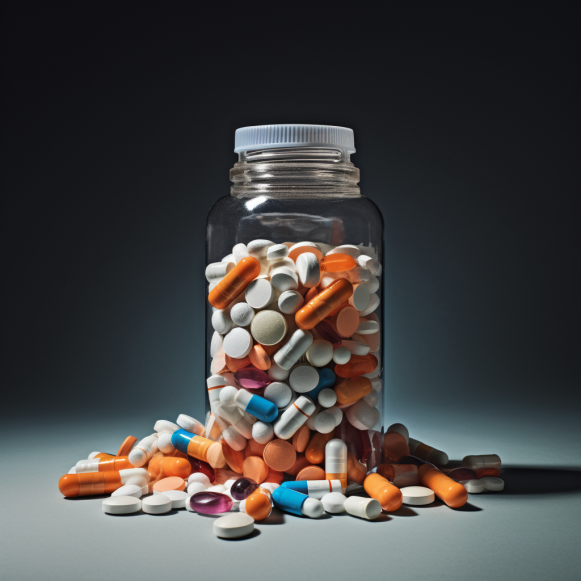From kidney stones to sand burns: The offbeat health dangers of extreme heat

By Cindy Krischer Goodman, South Florida Sun-Sentinel
When a middle-aged man arrived at the HCA Northwest Hospital emergency room in Margate, Florida, on Monday, he complained of severe muscle cramping from his feet to his shoulders. Dr. Craig Kushnir recognized the situation right away.
“He was dehydrated,” the emergency room doctor explained, adding that he has seen several patients with severe muscle cramping in the last few weeks as temperatures in South Florida have risen.
Doctors say that as a result of this summer’s extreme heat, people are being treated at local emergency departments for a variety of unusual heat-related illnesses. While heat stroke is one of the most concerning health risks, the health consequences of extreme heat can range from terrifying anxiety dreams to painful kidney stones — to people being burned simply by falling on the ground.
Rashes and burns
Dr. Aisha Subhani, chair of the emergency department at Cleveland Clinic Florida, has seen patients with horrific rashes. “They don’t understand why they are breaking out so badly and think they are having an allergic reaction to something,” she explained. “Most end up being just heat rashes.”
Then there are the unusual burns caused by the near-100-degree temperatures: children scorching their backsides on the playground slide, beachgoers frying the bottom of their feet on the broiling sand, or seniors falling and burning themselves on the pavement.
RELATED: Experts recommend the safest sunscreens to use this summer
When bare skin hits the heated asphalt in Florida, where falls are the leading cause of emergency room visits, it can take only minutes to cause dangerous injuries.
“The burns can be pretty serious,” Subhani explained.
This summer’s sunburns are also severe. “You have people who fall asleep on the beach and wake up with severe sunburns,” she explained. “We have to treat them like a burn patient.”
Kidney stones
Doctors report that people suffering from kidney stones are frequent visitors to emergency departments this summer.
Extreme heat causes dehydration, which can result in stone formation.
Dr. Raymond J. Leveillee, a urologist with Baptist Health Medical Group North’s Center for Advanced Robotics and Urologic Care, said Florida, for example, is a high-risk zone for kidney stones, especially in the summer.
People don’t drink enough fluid and become dehydrated, which increases the likelihood of crystal formation, according to Leveillee. While people outside sweat, those who go into air conditioning are also at risk, he explains.
“In air conditioning, we can get dehydrated from water evaporating from our skin and not seeing it,” he explained. “It’s critical to keep your body temperature cooler, but you also need to hydrate even in the air conditioning.”
According to him, the amount of fluid required by each individual depends on how much they sweat. A good rule of thumb is to urinate about a half-gallon of liquid per day.
Some smaller stones can be flushed out by drinking plenty of water or lemon-lime beverages.
Anyone who has signs of stones, such as pain under their rib cage that comes and goes or blood in their urine, should see a doctor, according to Leveillee. “Go to the ER if you’re in pain.”
Medication reactions
The AARP has warned its members that high temperatures put people, particularly older adults, at risk of medication interactions. Certain medications decrease blood flow to the skin and impair your body’s ability to cool itself. This makes it more difficult for someone to deal with the heat.
“This issue is particularly important for older people because they tend to be on more medications,” said Kushnir of HCA Northwest Hospital. “If you feel weak and dizzy and are sweating profusely, you may be suffering from heat stroke.”
Heat tolerance can be affected by medications such as antidepressants, antipsychotics, ADHD medications, anticholinergics prescribed for Parkinson’s disease and overactive bladder, antihistamines, and decongestants.
RELATED: 10 Expert Sleep Tips to Stay Cool During a Heat Wave
Other medications can dehydrate you and make your skin more sensitive to the sun, increasing your chances of getting a rash or sunburn.
Antibiotics, antifungals, statins, and diabetes medications all make your skin more sensitive to the sun and increase your risk of sunburn-like symptoms.
Gastrointestinal illness
In extreme heat, leaving food in the car or on a table outside can cause it to spoil much faster than usual. According to Subhani at the Cleveland Clinic, she has treated patients who are vomiting or have severe diarrhea, which they eventually attribute to spoiled food.
Preterm birth
A Kaiser Permanente study of nearly 14,500 births found that exposure to high temperatures, including in the early stages of pregnancy, is associated with premature birth and stillbirth.
According to the study, living in unusually warm temperatures during weeks 1-7 and 15-21 is associated with an increased risk of preterm birth and low birthweight.
Furthermore, the Centers for Disease Control and Prevention discovered that pregnant women are more likely than non-pregnant women to suffer from heat exhaustion, heat stroke, or other heat-related illness. When a woman is pregnant, her body must work harder to cool herself and the developing baby. Pregnant women are also more prone to dehydration.
The Centers for Disease Control and Prevention advises pregnant women to limit their outdoor activities and drink plenty of fluids.
Sleep issues
Sleep specialists are seeing an increase in people suffering from insomnia and anxiety dreams as a result of the record heat.
Natural temperature fluctuations in the brain and body can be affected if someone’s bedroom is too warm, and not only can they have trouble falling asleep, but the hot air can interrupt their rest at various points throughout the night, according to Dr. Jaime Tartar, research director at Nova Southeastern University’s Department of Psychology and Neuroscience in Florida.
“This is important because during REM sleep, we process our emotions, and interruptions to REM sleep can impair our daytime mood,” Tartar explained.
Climate can also influence how you dream and what you remember.
When your body is hot, your dreams can become more vivid, unpleasant, and stressful long after you awake. You might even wake up feeling more tired and stressed than when you went to bed.
Tartar suggests keeping the bedroom dark and cool, with a temperature of 65°F as ideal.
Heat exhaustion and heat stroke are a risk, too.
Overall, these emergency medicine physicians report seeing patients with heat-related illnesses that could have been avoided. “It’s too late to start hydrating once you start sweating,” Kushnir says. “You have to do it before.”





